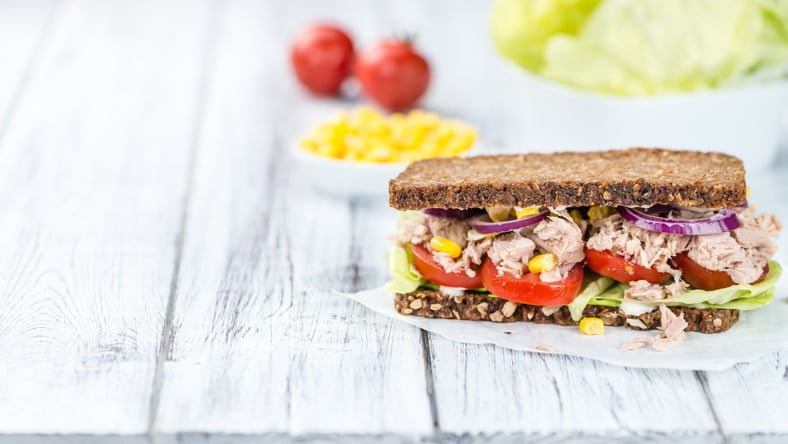Data from Kantar’s usage panel, which records online weekly meal diaries from around 11,000 people in Britain, showed that for the 52 weeks ending August 2020 a mail meal containing meat or fish cost an average of £1.77 per person. A plant-based meal cost an average of £1.06 per person. The savings where ‘fairly equal’ across lunch and dinner.
Kantar shopper panel data, which tracks purchases from 30,000 British households, also showed that in the 12 months to 6 September vegan households spent, on average, 8% less per grocery trip. The average vegan shopping basket cost £16.47, versus £17.91 for non-vegan shoppers.
Interestingly, only 3.7% of all vegan household spend on food and drink goes on meat substitutes.
Toni Vernelli, Veganuary’s Head of Communications, said that the data challenges the idea that following a vegan diet is an expensive option. “Somehow the myth has persisted that veganism is expensive and out of reach for some people. We now have the data to dispel this outdated idea once and for all. While some plant-based meat and dairy substitutes carry a premium, this study shows they are only a small part of a typical vegan diet and overall eating plants costs less.”
Quicker cook time
The research, commissioned by charity Veganuary, also found that vegan meals took one-third less time to prepare.
According to Kantar’s data, a meat or fish-based lunch takes 18.9 minutes to prepare, on average, whereas a plant-based lunch is 37% quicker at12 minutes. Meanwhile, a meat or fish-based dinner takes an average of 37.5 minutes to prepare, whereas a plant-based dinner is 32% quicker at 25.4 minutes.
Vernelli told FoodNavigator that the speed factor doesn’t suggest that vegans are eating more processed or prepared foods.
“The majority in both categories are assembled or assisted (61% plant-based, 62% meat/fish), around a quarter are cooked from scratch (23% plant-based, 22% meat/fish) and the smallest proportion are convenience foods (17% plant-based, 14% meat/fish),” she explained.
So, why are plant-based meals quicker to prepare?
“From conversations we’ve had with chefs and caterers I would say the reason plant-based meals are quicker to prepare is the protein source does not need to be browned or cooked before being added to sauces, curries, stews etc. Plant-based mince or chunks can safely be added directly to a dish, as can tinned beans and pulses. There is also no food poisoning risk from undercooked plant-based foods as there is with meat and fish so general cooking times will be lower,” she observed.
Price and convenience not the primary motivation for vegans
Vernelli doesn’t believe that price and convenience are motivating factors prompting people to adopt vegan diets.
According to her assessment, the research findings fly in the face of people’s perceptions of eating vegan. “Two of the criticisms we often hear are that vegan food is expensive and out of reach for many people, and that vegan food requires a lot of preparation time. That is why we decided to commission this research, to demonstrate that these are misconceptions,” she explained.
When people do try out a vegan diet, during the Veganuary campaign that takes place in January for instance, Vernelli does believe that price can be a factor in convincing them to go the course. “We do get feedback in our participant surveys from many people saying they saved money on food while taking part in Veganuary and for some that is one of the motivators to stay vegan, but I don’t think it is a common reason people try vegan or do Veganuary.”
More than 400,000 people from 192 countries took part in Veganuary last year. Now the charity is expanding its efforts by launching programmes in two new countries, Brazil and Argentina, and its first French language pledge – building on the campaigns already established in the UK, US, Germany and Chile.




